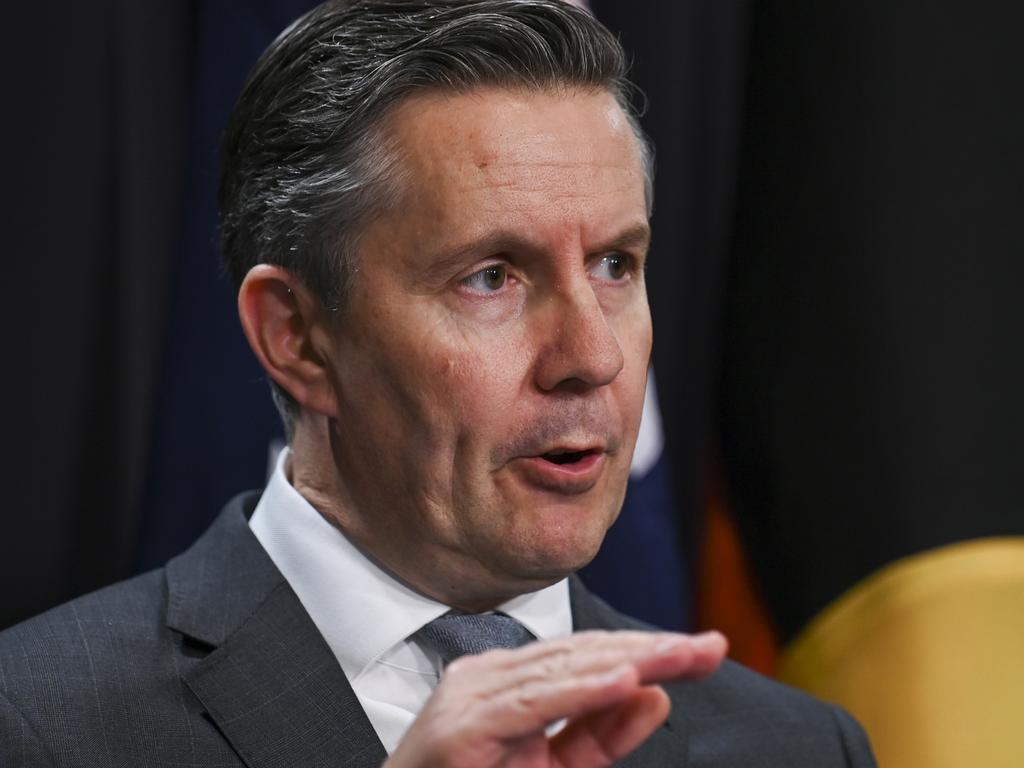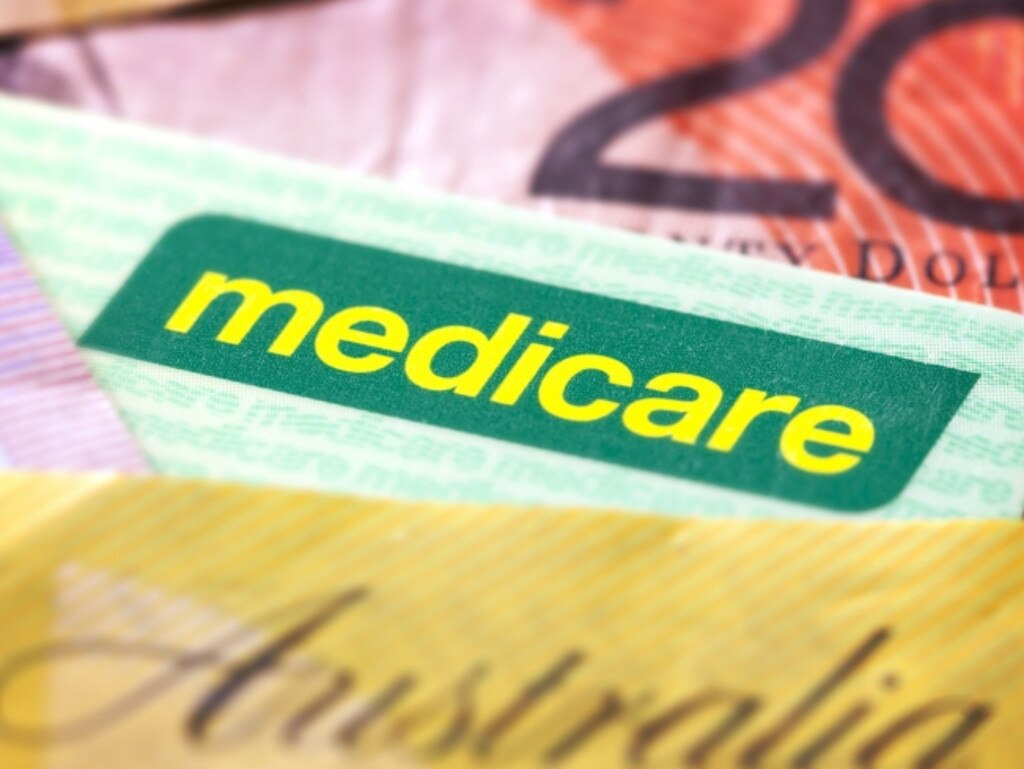Healthcare for ADHA ‘inadequate’, doctors say
The Royal Australian College of General Practitioners calls for GPs to be granted increased scope to diagnose and treat ADHD.
Doctors have called for increased scope to diagnose and treat ADHD, criticising the level of access to treatment across the country as “inadequate”.
Royal Australian College of General Practitioners president Nicole Higgins said access to medical care for ADHD – which costs the economy an estimated $20.4bn a year – was a “postcode lottery”, with GPs in different states and territories operating under different regulations dictating if they can diagnose or prescribe stimulant medication for the mental disorder.
The college also highlighted significant “barriers to access” including lack of access to specialist services, high costs and unclear referral pathways, in its submission to a parliamentary inquiry into the assessment and support services for people with ADHD.
Dr Higgins said the system had created a “bottleneck of diagnosis and treatment” and GPs were ideally placed to increase their role in the diagnosis and management of ADHD to improve access to care.
“Access to ADHD diagnosis is inadequate and unaffordable for too many patients,” she said.
“Costs potentially in the thousands of dollars, even interstate travel, for patients ... show that not only is access too hard, but that people are desperate for healthcare in this area.”
The submission said that most public sector mental health services did not provide ADHD related services, leading to an over-reliance on the private sector.
It also called for a nationwide approach to the role of GPs in diagnosing and treating ADHD, with doctors in Queensland able to diagnose and prescribe stimulant medication patients between four and 18, while in NSW only some GPs can diagnose and prescribe medication to six to 18-year-olds. However, in Western Australia GPs are barred from diagnosing or prescribing stimulant medication for ADHD patients.
It was only last year that new evidence-based guidelines by the Australian ADHD Professionals Association were introduced, including more than a hundred recommendations to support the 10 per cent of children and 5 per cent of adults living with the condition.
“The recently published ADHD clinical guidelines have given GPs a comprehensive, evidence-based resource to guide the diagnosis and management of ADHD,” Dr Higgins said.
“With appropriate support, GPs can step up to help patients, psychiatrists, and paediatricians to diagnose and manage ADHD.”
The calls for greater access were echoed by the AADPA in its submission.
“Unfortunately, there are also reports that the assessments being offered by some new clinics, many of which operate via telehealth, do not meet the quality standards set out in the ADHD clinical practice guideline,” it says.








To join the conversation, please log in. Don't have an account? Register
Join the conversation, you are commenting as Logout